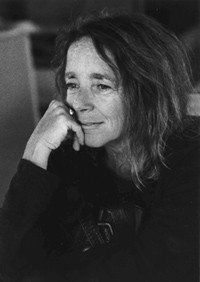Fuente: The Sacred Depths of Nature (1998), p. 173
Contexto: The tapestry maker first strings the warp, long strong fibers anchored firmly to the loom, and then interweaves the weft, the patterns, the color, the art. The epic of evolution is our warp, destined to endure, commanding our universal gratitude and reverence and commitment. And then, after that, we are all free to be artists, to render in language and painting and song and dance our ultimate hopes and concerns and understandings of human nature. Throughout the ages, the weaving of our religious weft has been the province of our prophets and gurus and liturgists and poets. The texts and art and ritual that come to us from these revered ancestors include claims about Nature and Agency that are no longer plausible. They use a different warp. But for me at least, this is just one of those historical facts, something that can be absorbed, appreciated, and then put aside as I encounter the deep wisdom embedded in these traditions and the abundant opportunities that they offer to experience transcendence and clarity.
